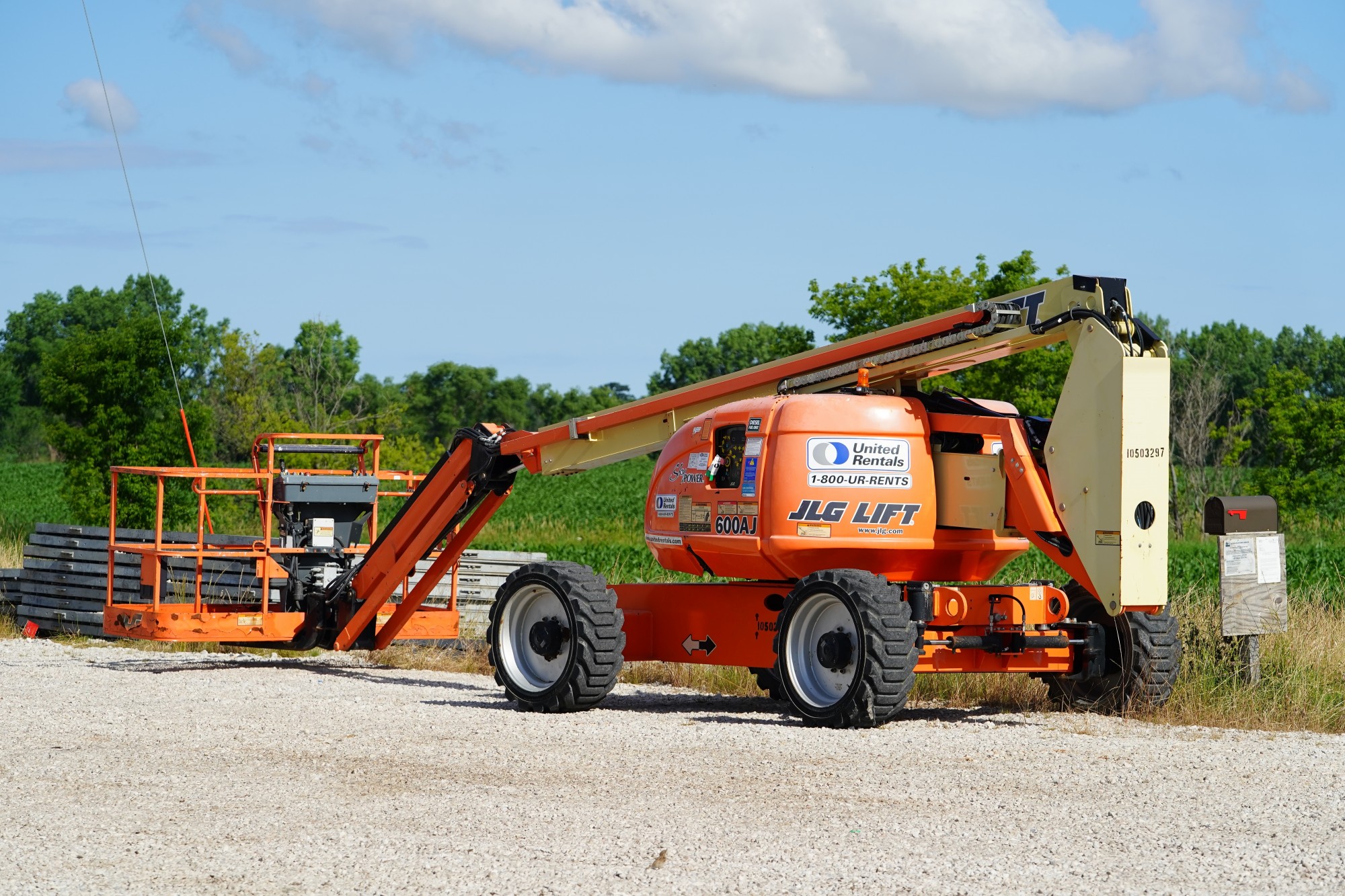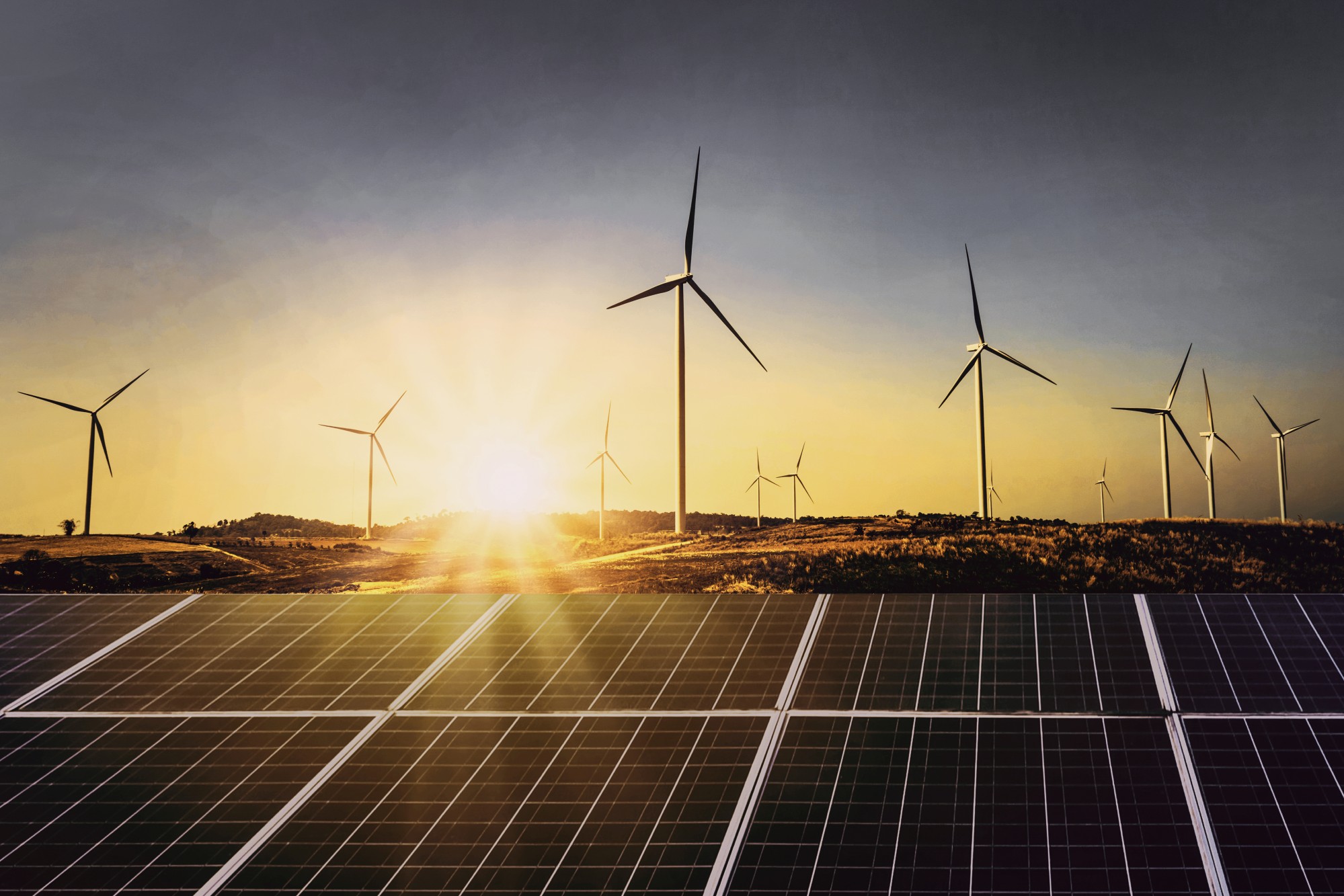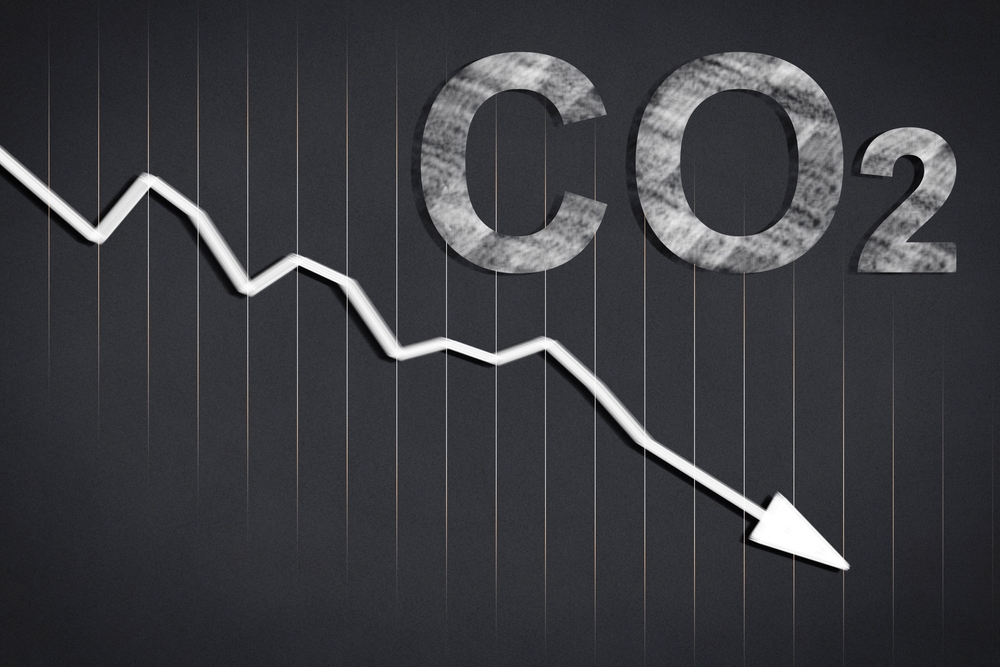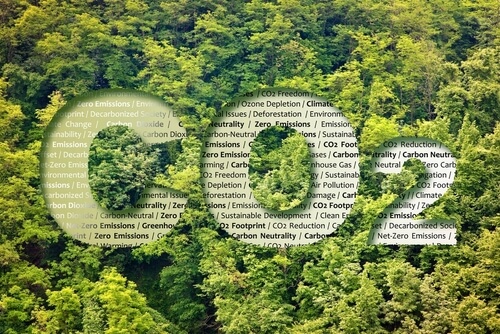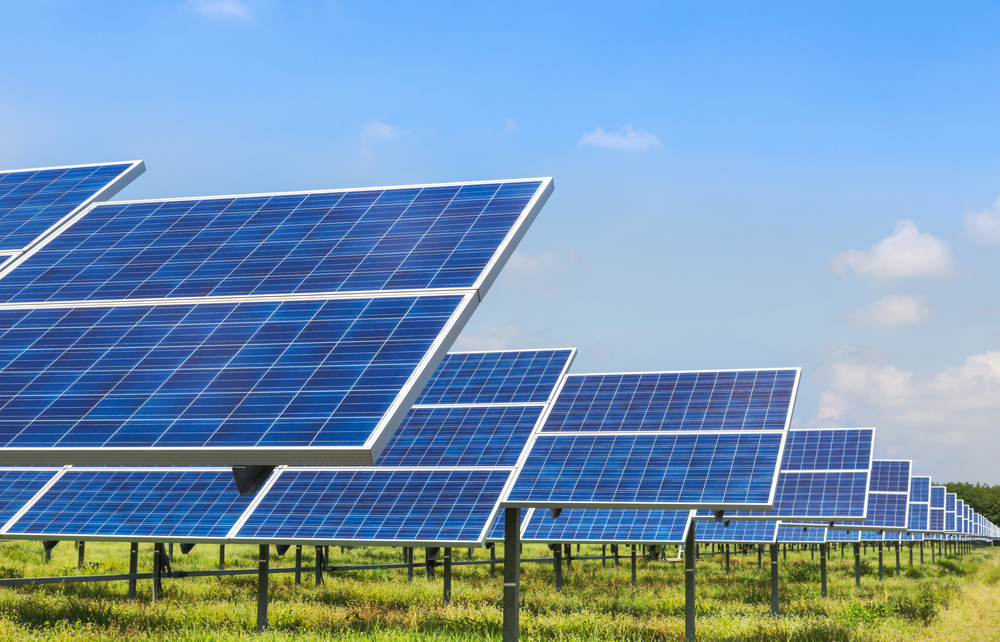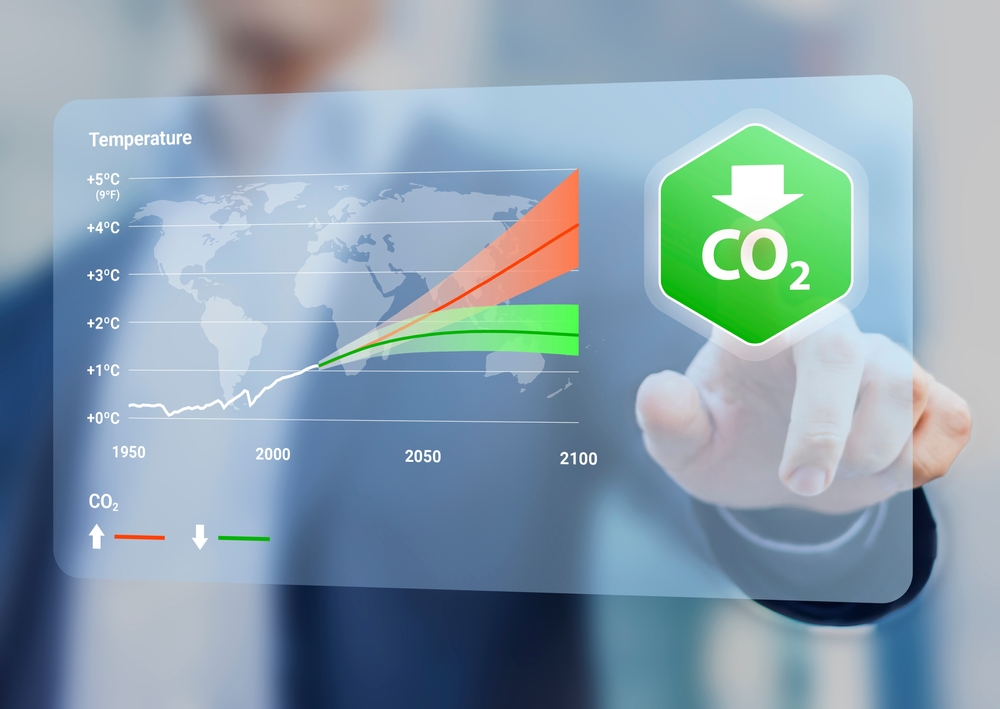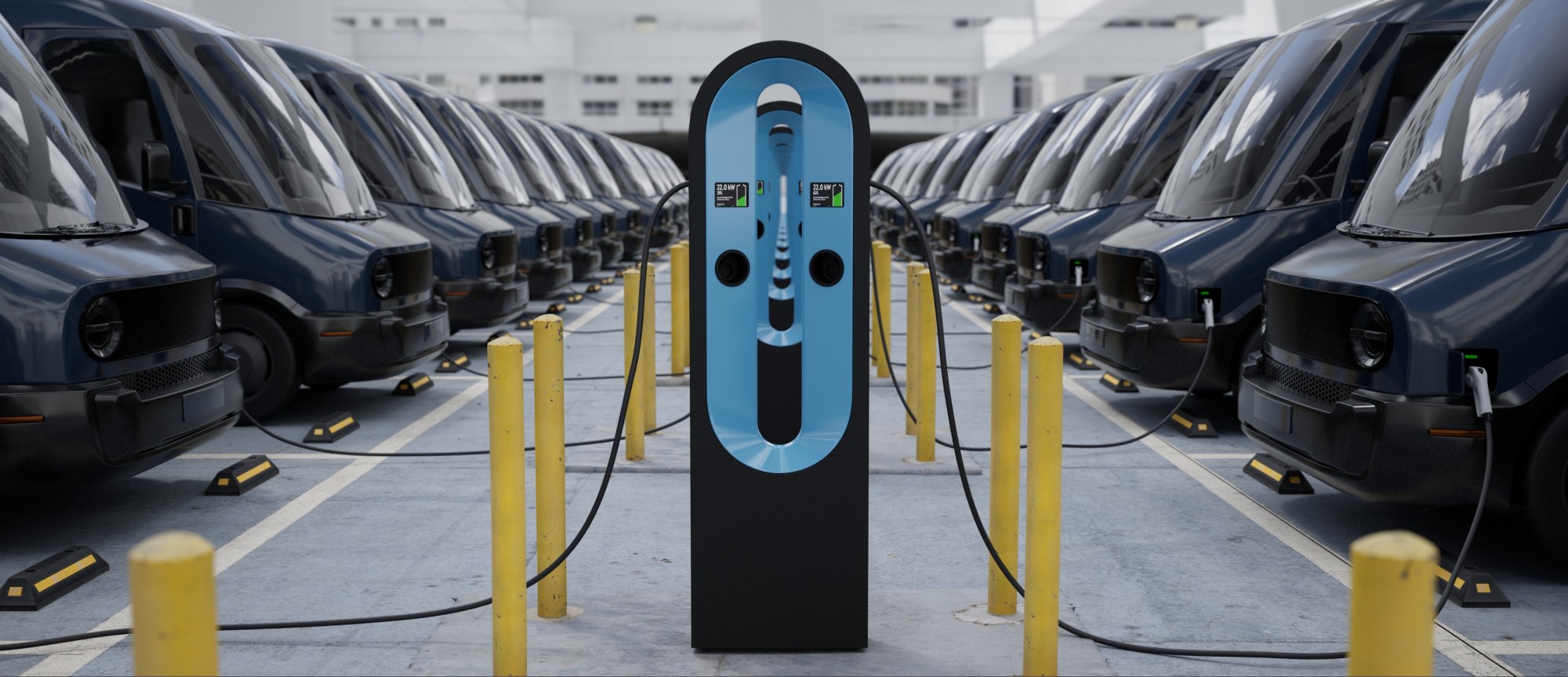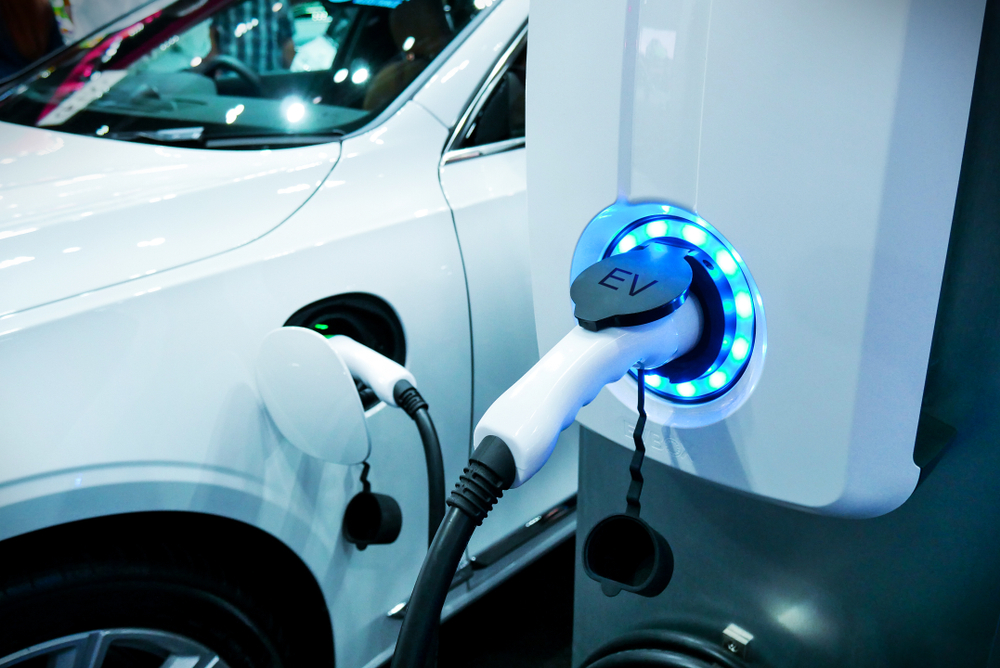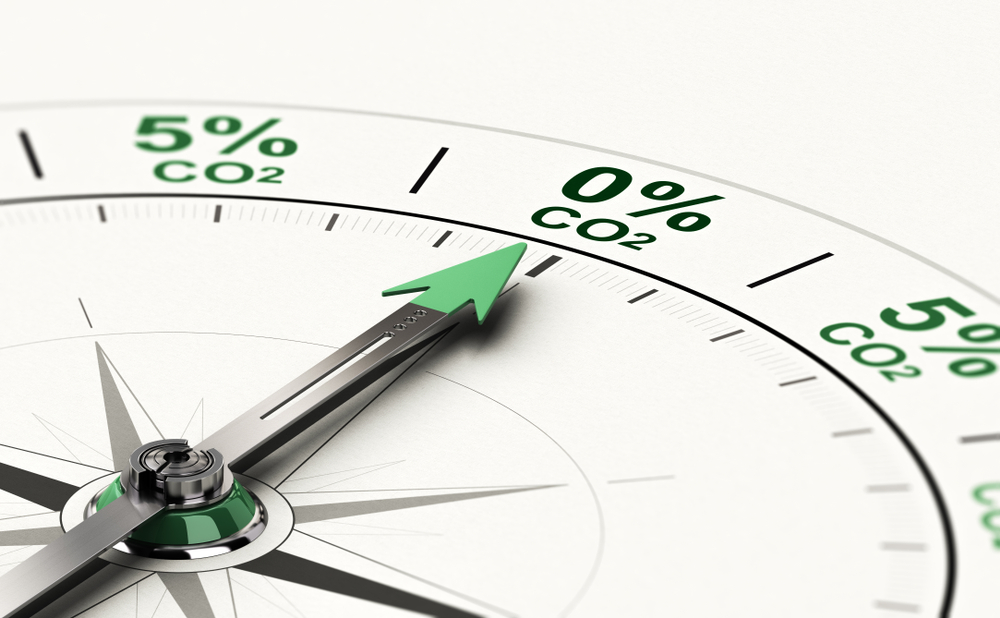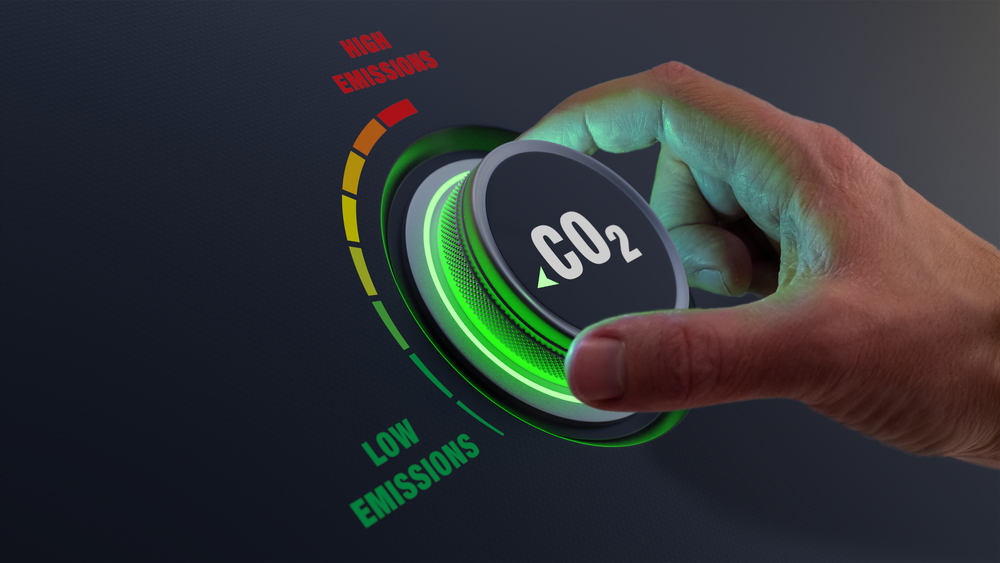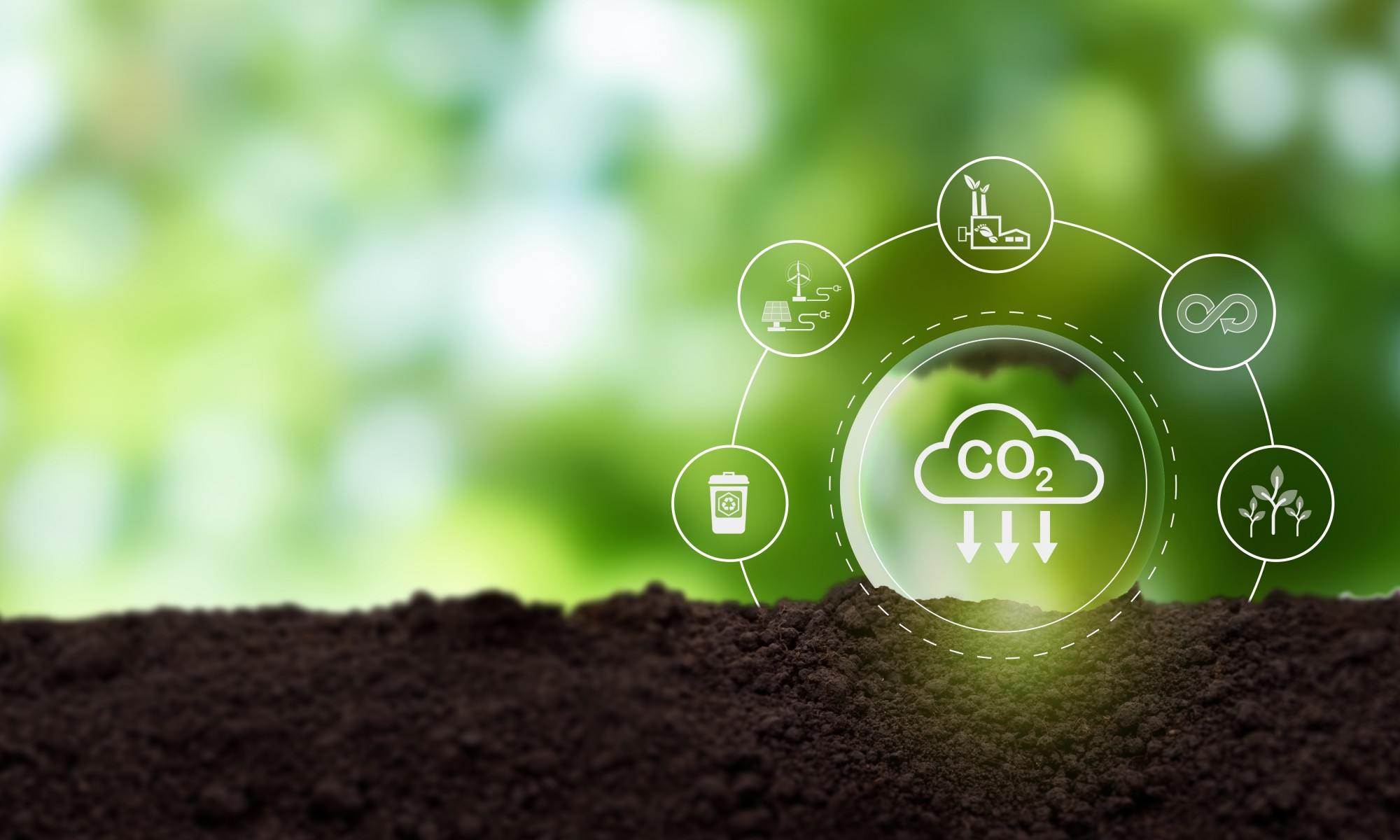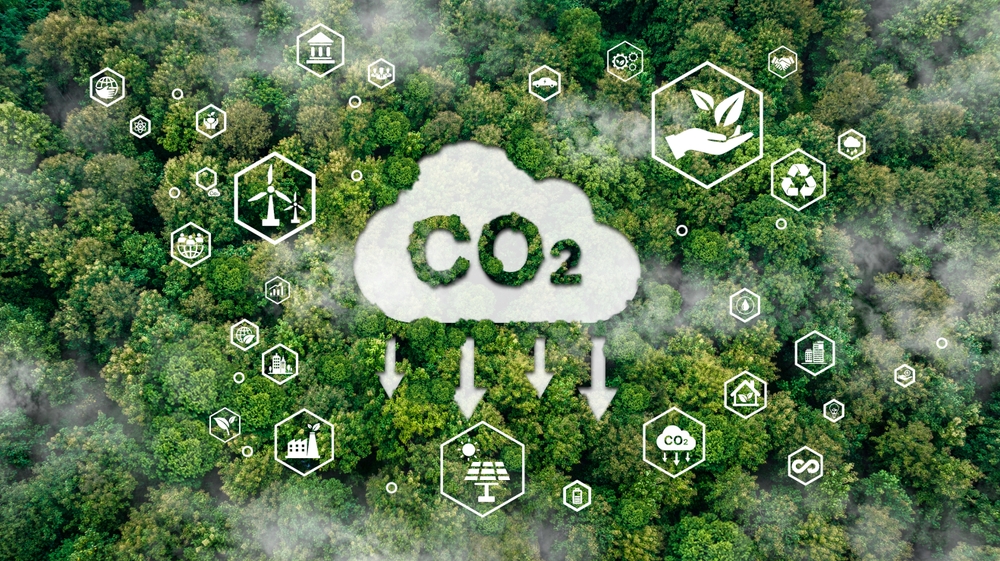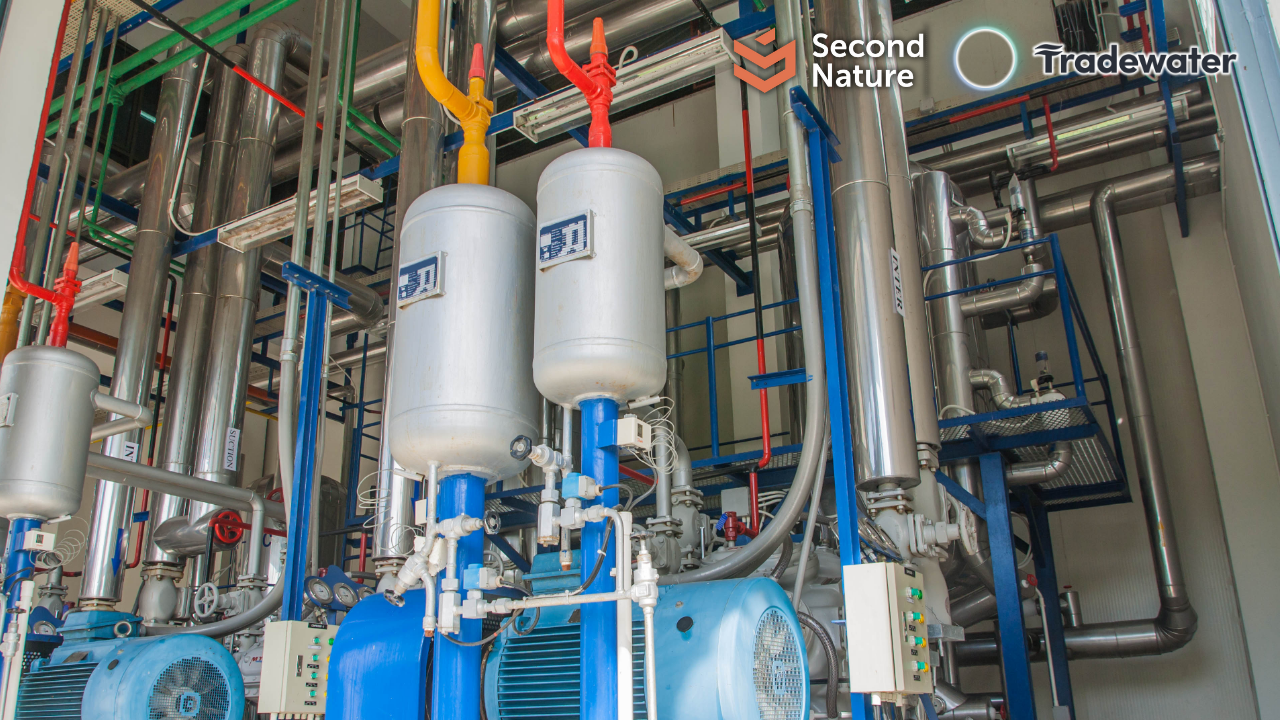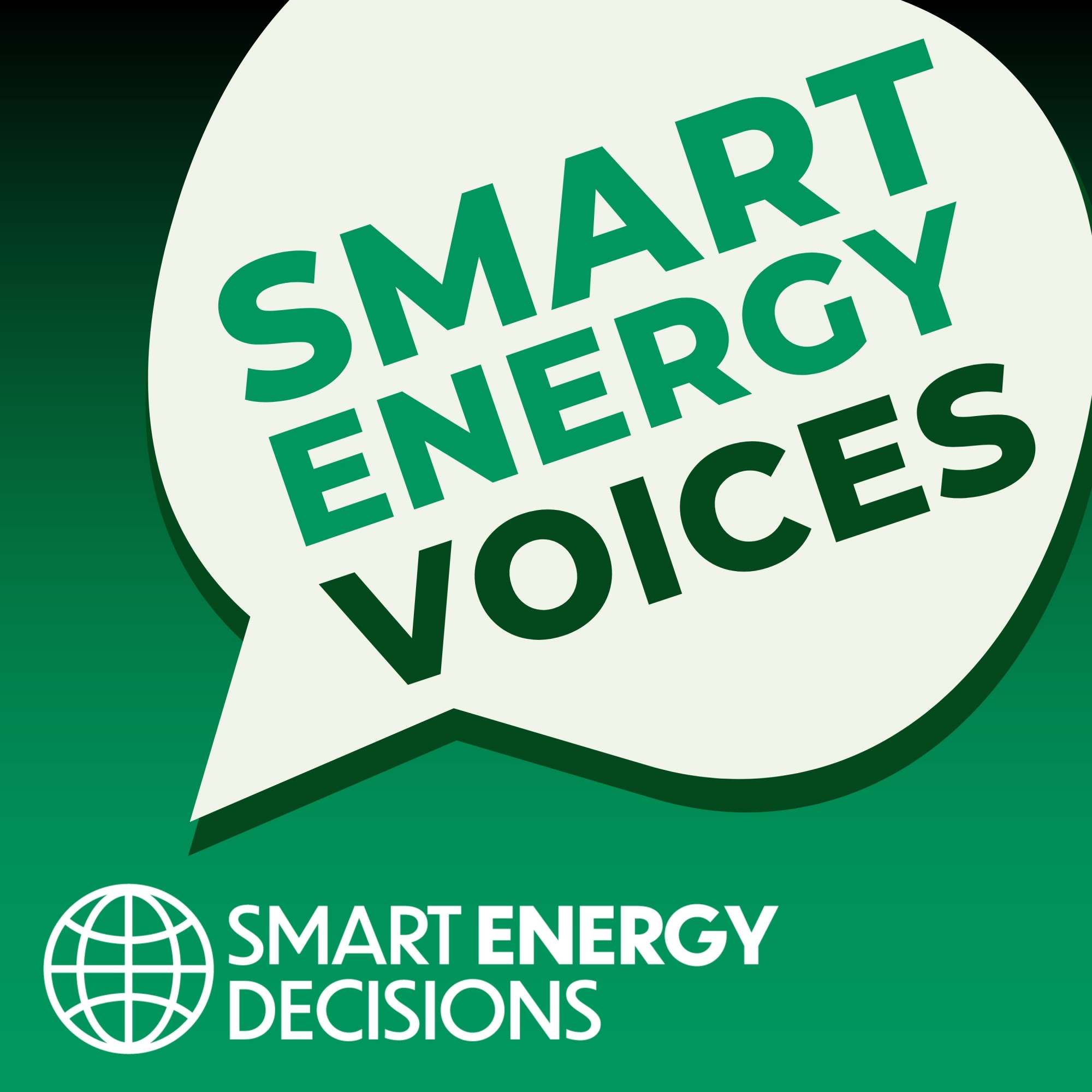Energy Management Articles
Tennant Lowers Emissions by 13%
Tennant Company maintained progress toward its validated net-zero targets by lowering its Scope 1 and 2 GHG emissions by 13% compared to the 2021 base year.
Case Study: JLG Industries, Inc. — 50001 Ready
JLG Industries, manufacturer of access equipment at 80 sites worldwide set a goal to reduce energy intensity by 25% in 10 years as part of the DOE's Better Plants Program, In this case study, learn how the company hit a 31% reduction by year 8 at two facilities in Pennsylvania.
Public Storage Creates 2032 Goals
Public Storage announced the storage company's recent sustainability highlights include setting a new, ambitious 45% reduction target for Scope 1 and 2 GHG emissions by 2032 based on a 2022 baseline.
Hain Celestial Invests in UK Decarbonization
The Hain Celestial Group, a global health and wellness company, made a significant investment into a decarbonization project at its main U.K. manufacturing facility at Histon in Cambridgeshire, U.K.
Weekend Reads: Hollywood's Climate Action Claims; Renewables Dominate in California
It's the weekend! Kick back and catch up with these must-read articles from around the web.
WEBINAR REPLAY: Achieving Energy Efficiency with Building Software
Volatile energy prices and impending carbon reporting legislation are driving companies to increase spending on energy efficiency and sustainability management solutions. Choosing the right solution is vital to effectively monitoring efficiency and meeting investor-grade emissions standards. Join EnergyCAP and Verdantix for a first-hand overview of the Green Quadrant for Energy Management Software report and explore how an energy and sustainability ERP can support your energy efficiency goals.
USDA Provides $375M for Rural Clean Energy Projects
U.S. Department of Agriculture (USDA) Secretary Tom Vilsack announced the agency is providing over $375 million in funding through the Powering Affordable Clean Energy Program (PACE) and the Rural Energy for America Program (REAP) for hundreds of clean energy projects in rural America to lower energy bills and expand access to clean energy.
Amkor’s Net-Zero Targets Approved by SBTi
Amkor Technology, Inc., a provider of semiconductor packaging and test services, announced that the Science Based Targets initiative (SBTi) verified the company’s near- and long-term science-based emissions reduction targets.
Goodyear Lowers Emissions by 22%, Increases RE
The Goodyear Tire & Rubber Company continued its work to reduce its environmental impact and lowered its Scope 1 and Scope 2 GHG emissions by 21.9% in 2023 compared to its 2019 baseline.
Oshkosh’s Emissions Decline by 14.5%
Oshkosh Corporation — a manufacturer of vehicles and equipment for the construction, fire and emergency, airport ground support, refuse and recycling, and defense industries — lowered GHG emissions by 14.5% across its manufacturing facilities.
Wendy’s Restaurants Adopt Solar, REC
Over 130 Wendy's company and franchise locations are enrolled in community solar and renewable energy certificates (RECs).
City of Campbell Adds EV Charging
The City of Campbell is now able to deliver sustainable energy for its first electric vehicle in its Public Works Service Center.
Hewlett Packard Enterprise Achieves 50% Use of RE
Hewlett Packard Enterprise announced it lowered emissions primarily through a transition to clean energy and surpassed its 2025 target of sourcing 50% renewable electricity for the past two consecutive years.
Koppers Achieves 50% Reduction in Emissions
Koppers Holdings Inc. accomplished its 2030 goal of a 50% reduction in Scope 1 and Scope 2 GHG emissions seven years ahead of schedule.
Kenvue Increases RE, Lowers Emissions
Kenvue Inc., a consumer health products company, announced that investments in energy efficiency and decarbonization projects have resulted in Scope 1 and 2 GHG reductions of 26% since 2020.
How Google is working with utilities to create a new model for clean energy
Google is launching a first-of-its-kind clean energy partnership built around a new clean transition rate that can be replicated in many electricity markets across the United States. Over the past two years, the company has worked with partners across the U.S. to create a new, scalable pathway for utilities and large energy users to invest in clean firm capacity and accelerate the commercial deployment of advanced, clean technologies like geothermal energy.
Regency Centers Opens EV Charging in North Carolina
Regency Centers Corporation announced the opening of a new fast charging station at Blakeney Town Center in Charlotte, North Carolina.
Massachusetts DOE Adds EV Charging Systems
The Massachusetts Department of Energy Resources is adding electric vehicle charging systems via its Clean Peak Energy Standard (CPS), a first-in-the-nation program established in 2020.
Beazer Homes Completes Initial GHG Inventory
Beazer Homes announced the completion of the company’s first GHG inventory, showing significant GHG reductions over the most recent three years.
U.S. Steel Reduces Emissions by 15% at BR1 Plant
United States Steel Corporation achieved a 15% reduction in Scope 2 GHG emissions intensity at its Big River Steel 1 (BR1) from its 2021 baseline year.
Keurig Dr Pepper Lowers Emissions by 15%
Keurig Dr Pepper Inc. made significant progress on its 2030 goals to reduce Scope 1 and 2 emissions by 30% and Scope 3 emissions in select categories by 15% compared to 2018.
Cabot Corporation Reports Emissions Progress
Cabot Corporation announced the achievement of nine of its 2025 Sustainability Goals ahead of schedule, including the reduction of its absolute Scope 1 and Scope 2 GHG emissions by 330,000 metric tons (MT) CO2e compared to calendar year 2022.
MetLife Curtails Emissions by 44%
MetLife, Inc. lowered emissions by 44% compared to a 2019 baseline through measures such as increasing energy efficiency and reducing consumption at offices, greening vehicle fleets and reducing business travel.
Edgewell’s Emissions Decline by 23.5%
Edgewell Personal Care Company, a consumer products manufacturer, lowered its Scope 1 and Scope 2 GHG emissions by 23.5% versus FY19 baseline.
Targeting 1 Million Tonnes of Impact
Did you know certain refrigerants have a global warming potential over 10,000 times that of CO2? Refrigerant emissions don’t get the fanfare that buildings and renewable energy generation do, but in this column, Second Nature's Bridget Flynn explains why campuses are the right target to take responsibility for these fugitive emissions.
DEADLINE EXTENDED: DEI Impact Awards Nominations Due June 28
The deadline to submit nominations for Smart Energy Decisions' 2024 DEI Impact Awards has been extended to Friday, June 28.
T. Rowe Price Reaches 48% Environmentally Certified Real Estate
T. Rowe Price, a global investment management and retirement firm, achieved 48% environmentally certified real estate by square footage by year-end 2023.
PepsiCo’s Emissions Fall by 13%
PepsiCo, a beverage and snacks company, achieved some goals ahead of schedule, including lowering Scope 1 and 2 emissions by 13% and total Scope 1, 2 and 3 emissions by 5% year over year.
Weekend Reads: U.S. Military Driving Clean Tech; Renewables Project Backlog
It's the weekend! Kick back and catch up with these must-read articles from around the web.
Smart Energy Voices Podcast: Episode 104 - Circular Economy and Sustainable Deconstruction at City of Boulder
Smart Energy Voices - Episode 104 PrintEmail Circular Economy and Sustainable Deconstruction: A Unique Approach at the City of Boulder Listen on your Preferred Podcast Player » In this episode, Debra Chanil welcomes Emily Freeman, Circular Economy Policy Advisor of the City of Boulder. Freeman highlights strides in three core principles of the circular economy and how Boulder's initiatives align with the city's ambitious climate action goals. As Boulder continues its journey towards carbon neutrality, Freeman's insights offer a blueprint for other cities and organizations seeking to integrate circular economy principles into their sustainability strategies and policies.


